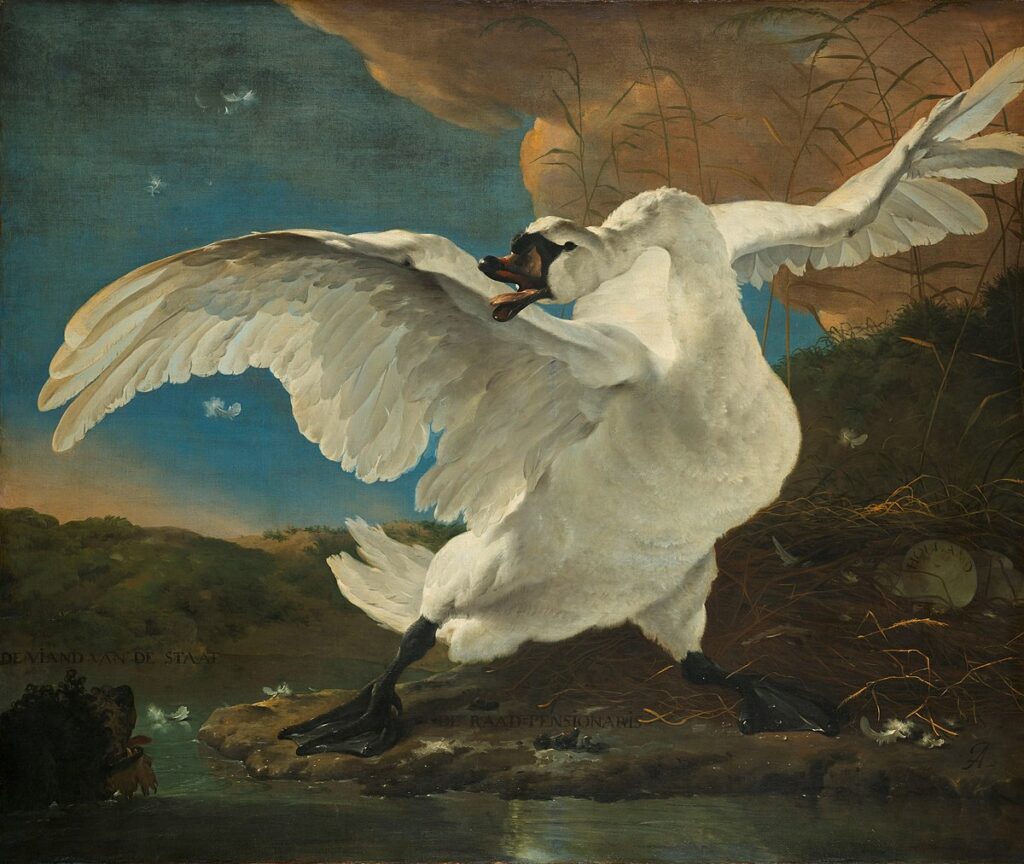It has been one year since Vladimir Putin decided to invade eastern Ukraine in a ‘special military operation’, seeking the ‘demilitarization’ and ‘denazification’ of the country. It is clear, after one year, that it was a full-scale invasion plan, and what was probably supposed to be a quick victory for Russia, came out as a long and drawn-out war that is still devastating both sides.
Putin’s megalomania should have not come as a surprise to anyone. His continuous efforts to annex territories through his political career are a reflex of a Soviet ghost that yearns for the Russian Empire, to expand its territories and unify its peoples. Let’s not forget that he was born and raised in a Soviet Union that failed in its expansionist pretensions, and that he lived to see what he himself said was ‘the greatest geopolitical catastrophe of the century’. And although Ukraine was part of the Russian Empire in the 18th and 19th centuries, as well as a region of the USSR, it is now a sovereign nation with its own language and culture that has fought hard for its own identity.
At 70 years old, Putin knows he is running short on time. He is making the most of the time he has left and will not stop until he achieves the reunification of all the territories that he believes should be part of Russia. Since 2012, when he ran for re-election, he has shifted his political strategies from economic growth policies to anti-western paranoia and Russian Imperial revival nationalism. 11 years later, this is still valid and will continue to be valid while he is in power.
He is known for his strong and assertive leadership style. He has been in power for over two decades, and during this time, he has demonstrated a mastery of both domestic and international politics. One of the most striking aspects of Putin's psychology is his ability to project an image of strength and invincibility. He is often seen riding horses bare-chested, practising martial arts, and participating in other activities that showcase his physical prowess. This image-building is a deliberate strategy, designed to convey the message that Putin is a strong leader who is in control of the situation.
Songs of War
Around the end of the 7th century BC and the beginning of the 6th century BC, Aesop, a Greek fabulist and storyteller, wrote a number of fables now collectively known as Aesop’s fables. To this day, these fables have descended to modern times through a number of sources. In one of its fables, ‘The Swan and the Goose’, a man raises a swan and a goose, one for its song and one for the table:
A certain rich man bought in the market a Goose and a Swan. He fed the one for his table and kept the other for the sake of its song. When the time came for killing the Goose, the cook went to get him at night, when it was dark, and he was not able to distinguish one bird from the other. By mistake, he caught the Swan instead of the Goose. The Swan, threatened with death, burst forth into song and thus made himself known by his voice, and preserved his life by his melody.
Nowadays, the swan song is a metaphorical phrase for a final effort or performance given just before death. There is an ancient belief that says that swans, generally silent, sing the most beautiful mournful song of their lifetimes just before their death, representing the final act of their artistic creation. It is often associated with a sense of loss or nostalgia. Even Leonardo da Vinci famously said that ‘the swan is white without spot, and it sings sweetly as it dies, that song ending its life’. Today, it is still used to describe a final performance act and the end of a career or era.
But this is technically not accurate, and these songs are normally not beautiful but bizarre and tinny sounds that are a by-product of this bird having an extremely elongated tracheal loop, which combined with the way that the air flows through it as their lungs expel any excess air while dying, produce the sounds that are similar to a clarinet played by an amateur.
This phrase is quite fitting when it comes to Putin's current situation, as many believe that his time in power is coming to an end. After years of dominating Russian politics, Putin is now facing mounting pressure from the public, the opposition, and even some of his own allies. Putin might be using the swan song metaphor to signify that he is nearing the end of his rule and that he is looking for a graceful exit. It could also be Putin's desire to leave a lasting legacy, rather than an indication that he is ready to step down. It is a final show of strength by Putin's regime before a potential decline or change in the geopolitical landscape.
It may also be seen as a desperate attempt to maintain power and control, even in the face of opposition and potential consequences. While he tends to silence the other swans, Putin is now singing as loud as possible, in an attempt to be part of history. As Putin's rule comes to a close, it will be interesting to see how he chooses to end his political career. Will he choose to go out with a bang, or will he opt for a more subdued and measured exit? One option could be that Putin chooses to stay in power by manipulating the constitutional rules, as he already did in the past by creating the role of prime minister and then returning as President after a term of Medvedev.
However, it could also be that Putin chooses to step down and hand over power to a successor. This would give him the opportunity to leave a lasting legacy and ensure that his policies and achievements are continued. It would also give the Russian people the chance to have a fresh start and move away from the current political climate of polarization and lack of dialogue. While Putin's attack on Ukraine is a significant event in this ongoing conflict, it is not necessarily the final act or resolution. Instead, it represents a continuation of a long-standing struggle for power and influence in the region.
In conclusion, Putin's psychology and leadership style have played a significant role in shaping the current political climate in Russia. His strong and assertive approach has helped him to maintain a firm grip on power, but it has also led to increasing political polarization and a lack of real dialogue between the government and the opposition, between the world and himself. It might be that Putin thinks swans are able to perform a harmonious song before death, but the reality is different; songs of war are tuneless and harsh for everyone. Only time will tell, but one thing is certain, Putin's swan song will have a lasting impact on the future of Russia.


